Professional tile sealing that stops stains before they start and makes your floors easier to clean.
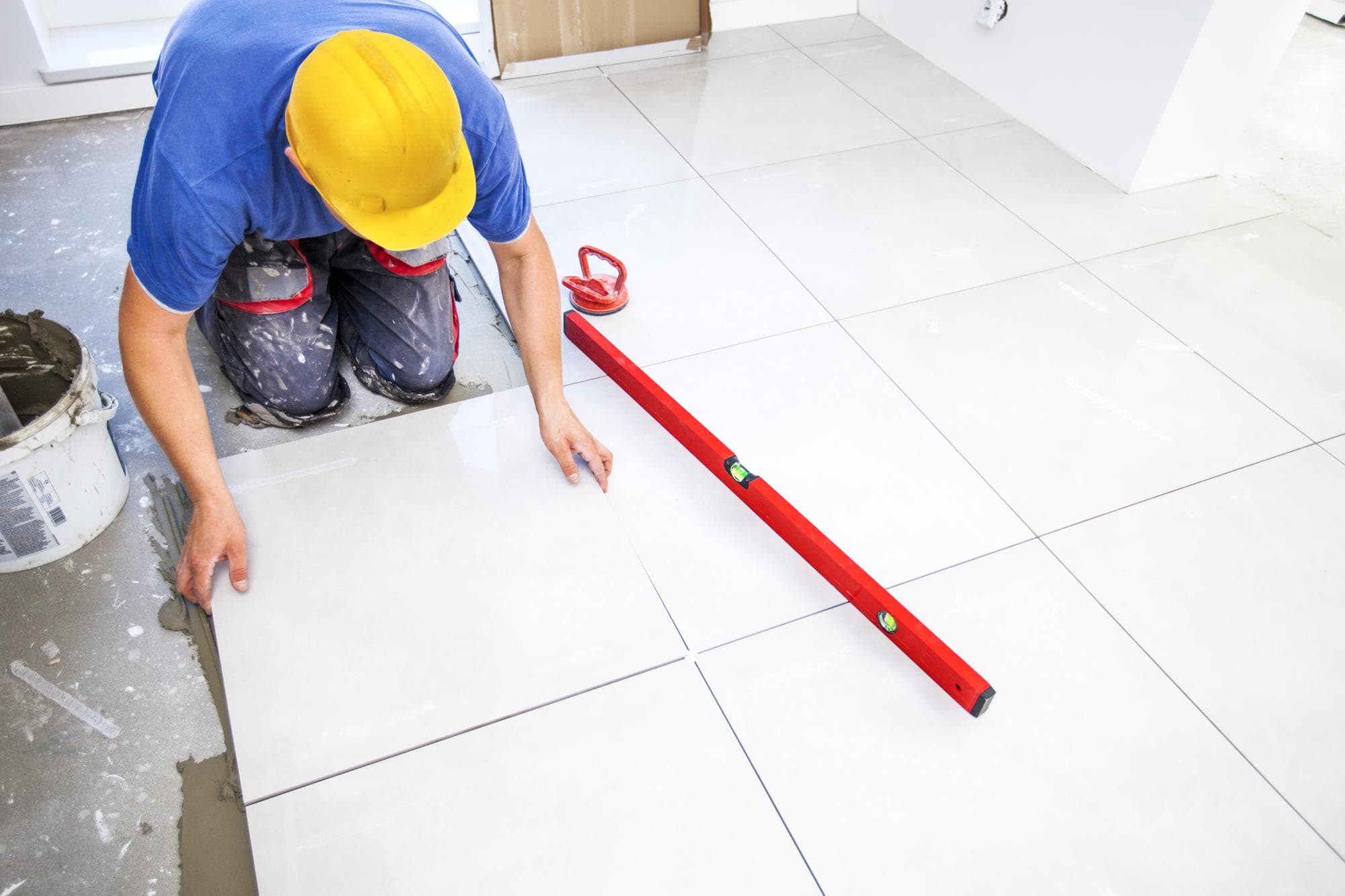
Hear from Our Customers
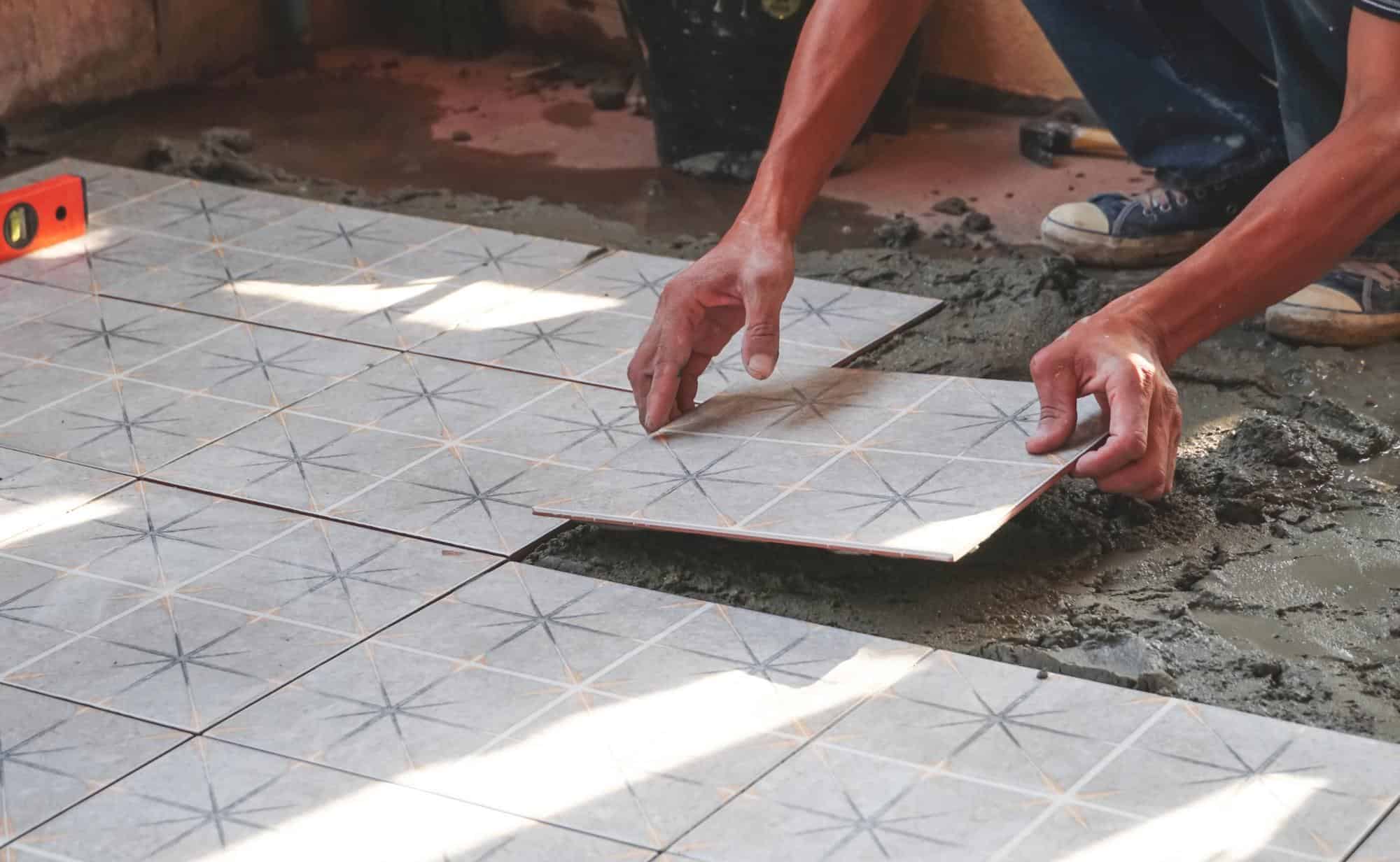
Your tile investment gets the protection it deserves. We apply penetrating sealers that create an invisible barrier deep within your tile and grout, blocking water, stains, and dirt from settling in permanently.
You’ll notice the difference immediately. Spills wipe up instead of soaking in. Daily cleaning becomes effortless instead of exhausting. Your floors stay looking fresh instead of gradually dulling over time.
This isn’t just about appearance—it’s about extending the life of your surfaces. Properly sealed tile and grout can last decades longer than unsealed surfaces, saving you thousands in premature replacement costs.
Diamond Stone Restorations Corp has been serving NYC and Westchester County homeowners for years, specializing in stone, marble, terrazzo, and tile restoration. We understand the unique challenges that Purdys Grove homes face—from the area’s seasonal weather changes to the specific tile types common in Westchester properties.
Your neighbors in North Salem trust us because we focus on restoration over replacement. We’ve worked in homes throughout the 10578 area, from the historic properties near the Joseph Purdy Homestead to newer constructions along the winding country roads.
We’re not the cheapest option, and that’s intentional. You’re investing in professional-grade materials, proper application techniques, and results that last years longer than DIY attempts.
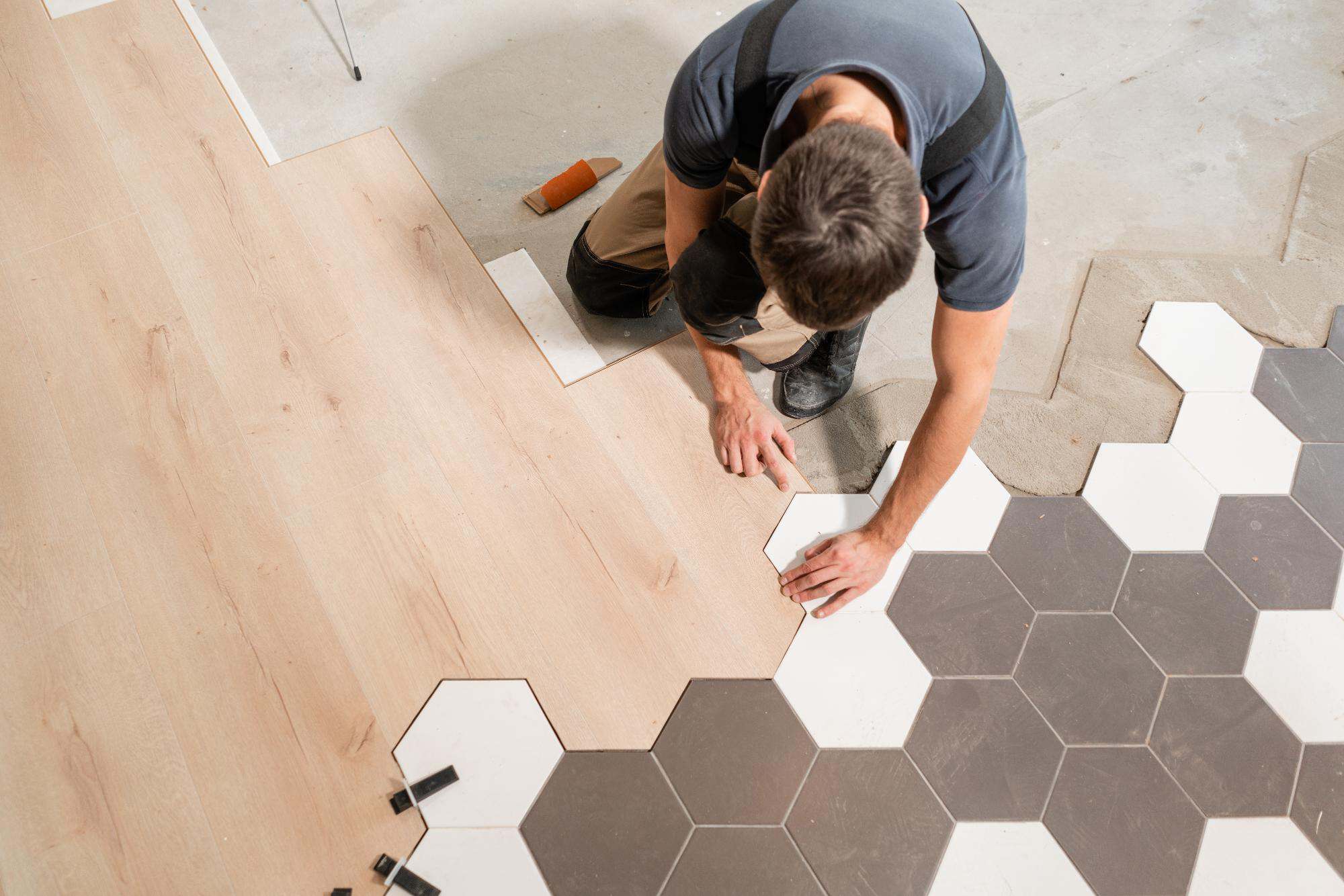
First, we thoroughly clean your tile and grout to remove any existing dirt, soap residue, or old sealer that could interfere with adhesion. This step is crucial—sealer won’t bond properly to contaminated surfaces.
Next, we apply the appropriate sealer for your specific tile type. Ceramic and porcelain tiles get different treatments than natural stone. We use penetrating sealers that absorb deep into the pores rather than sitting on the surface where they can peel or wear off.
The sealer needs time to penetrate and cure. We typically recommend staying off treated areas for several hours, though you can usually resume normal use the same day. The full protective benefits develop over the following 24-48 hours as the sealer completes its chemical bond with your tile and grout.
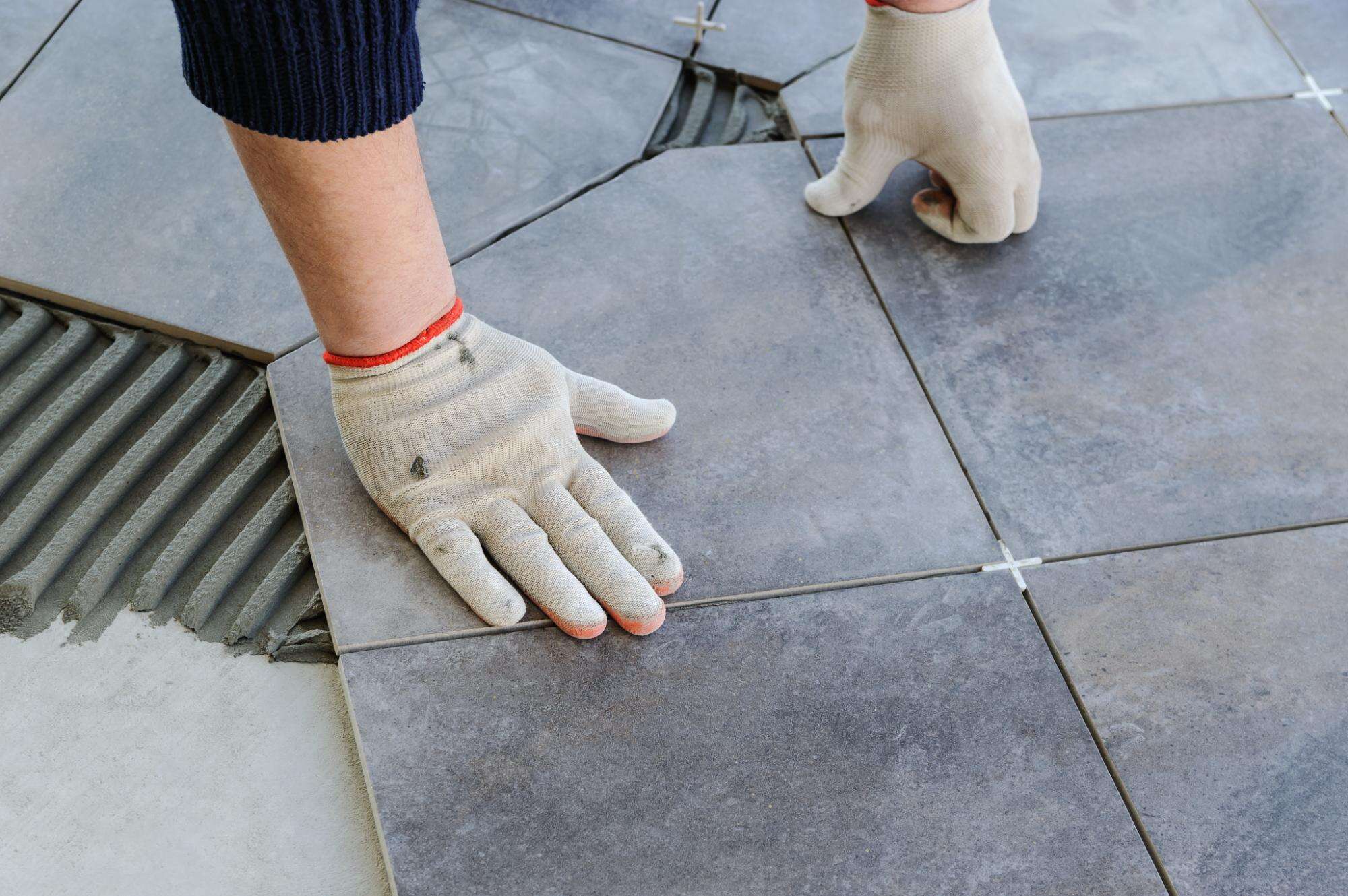
Ready to get started?
Our tile sealing service covers both your tile surfaces and grout lines with appropriate products for each material. We bring professional-grade penetrating sealers that you can’t buy at home improvement stores—these are the same products used by commercial contractors.
Purdys Grove homes often feature a mix of ceramic, porcelain, and natural stone tiles, especially in kitchens and bathrooms. We adjust our approach based on your specific materials. Dense porcelain might only need grout sealing, while more porous ceramic tiles benefit from full surface treatment.
We also handle the prep work that makes the difference between a sealing job that lasts two years versus one that lasts a decade. This includes removing any existing failed sealer, addressing grout issues, and ensuring optimal surface conditions before application. Many homeowners in Westchester County have discovered that proper preparation is what separates professional results from disappointing DIY attempts.
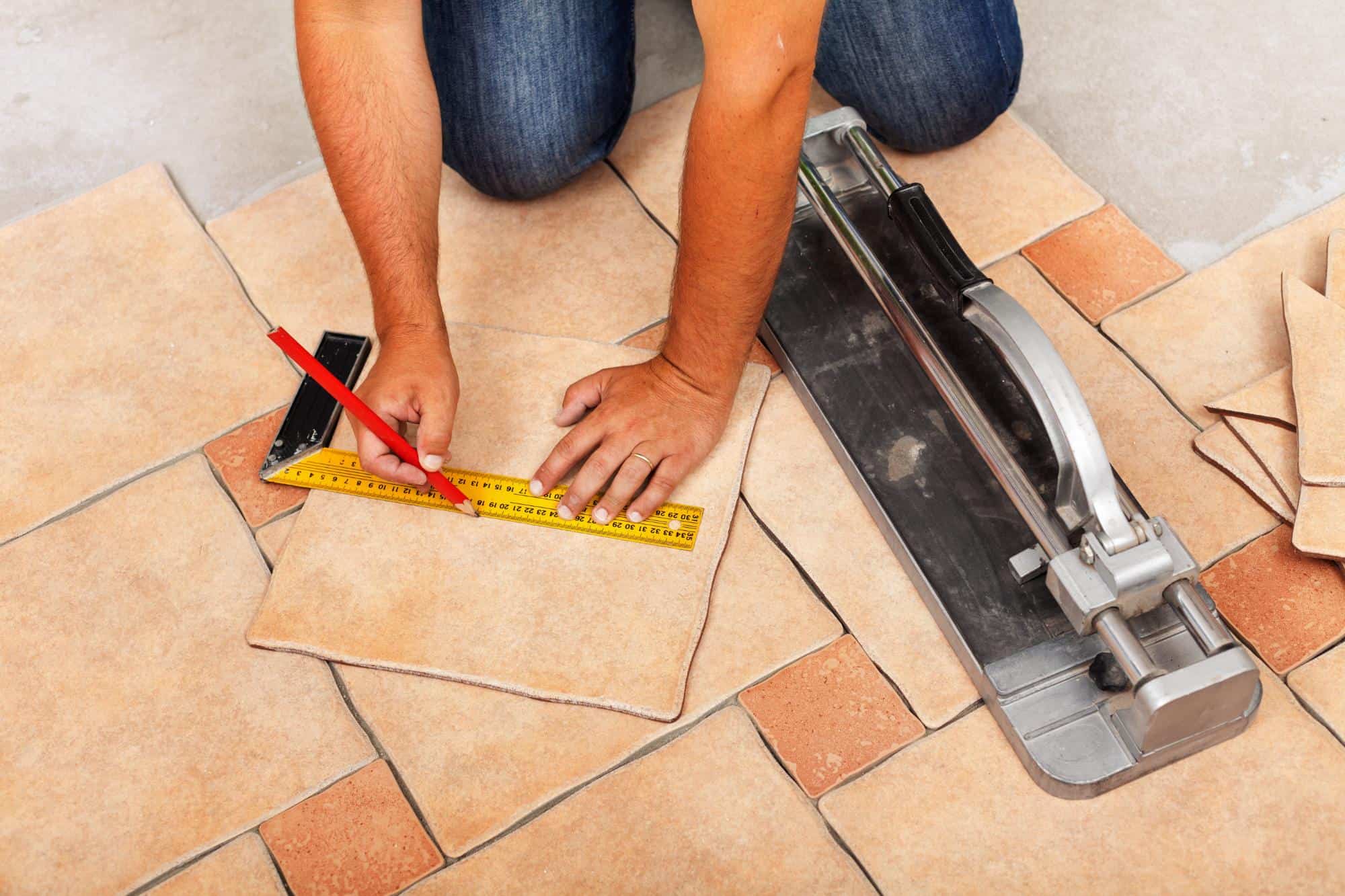
Ready To Restore The Beauty Inside Your Stone?
Contact us today!
Diamond Stone Restorations Corp
Company
Support
Useful Links